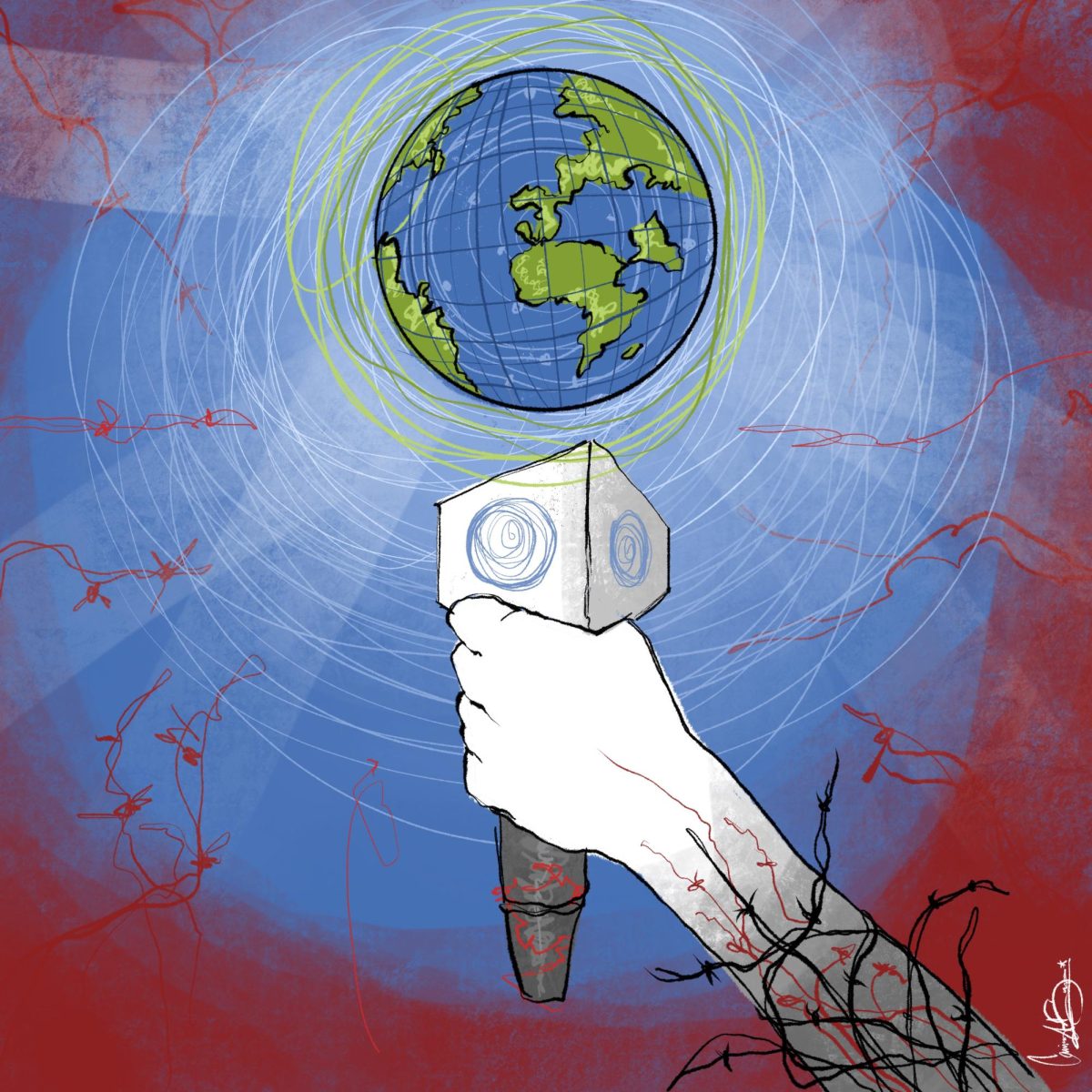Editorial | Climate change denial is an economic and environmental failure
August 29, 2019
It was certainly disappointing, though not surprising, when the Trump administration announced a plan today to cut back regulations on methane gas — a pollutant that has played a major role in the acceleration of climate change.
The plan aims to cut the federal law requiring oil and gas companies to install technology that detects methane leaks. The plan will also investigate whether or not the EPA — which currently regulates methane as a pollutant — has the authority to limit emissions of the gas at all. The Trump administration cited economic growth as an outcome of the plan, though major energy companies that in theory would benefit from the plan have spoken out against it.
Denying climate change has become President Donald Trump’s ploy to better the economy, leaving younger generations to suffer the consequences. Climate change denial is obviously counterproductive, but it also won’t do as much for economic growth as Trump seems to think. It’s likely that even older generations will have to face the financial burdens of denying climate change, especially with these loosening regulations.
To be clear, the effects of climate change cover more territory than the Earth becoming really hot. Sea levels rose 8 inches in the last century, but the rate in the past two decades shows the ocean is now rising twice as quickly, according to NASA. The rising water creates flooding and is already beginning to impact U.S. tourism and therefore the economy. This will particularly impact beach areas like North Carolina, the water level of which is expected to rise up to 55 inches by the end of the century. But many beaches, houses and coastal hotels will be ruined — or at least lose their appeal — far before then. Hawaii is another state with a tourism industry majorly at risk, as there is already evidence of beach erosion on the northern shore of the island of Oahu.
Rising oceans hurt more than just the tourism industries, though. Flooding also impacts the viability of soil and thus agriculture as a whole. Most Americans rely on continental or foreign imports in order to obtain fruits, vegetables and grains. Decreased access to agriculture means the prices and taxes on the crops will rise, making them much more expensive and difficult to obtain. This will not take a century to become burdensome, either.
In addition to rising ocean levels, the United States has experienced a major increase in natural disasters such as hurricanes, wildfires and droughts. Whether it’s dry soil aiding the fires or the rising water contributing to damaging rainfall, climate change is linked to natural disasters. And natural disasters are often detrimental to the local and national economies. The Bush administration, for example, spent almost $100 billion in repairs after Hurricane Katrina in 2004, and many parts of New Orleans still have not recovered. It cost over $3 billion to clear debris after the 2018 California wildfires. These disasters are only growing in frequency.
The rollback on methane gas limits is just another ploy to stimulate the economy rather than save the heating Earth. But if inspected critically, the financial outcomes will quickly be made obsolete. Trump’s proposal is both an economic and environmental failure. Everyone would be wise to fight against it.



